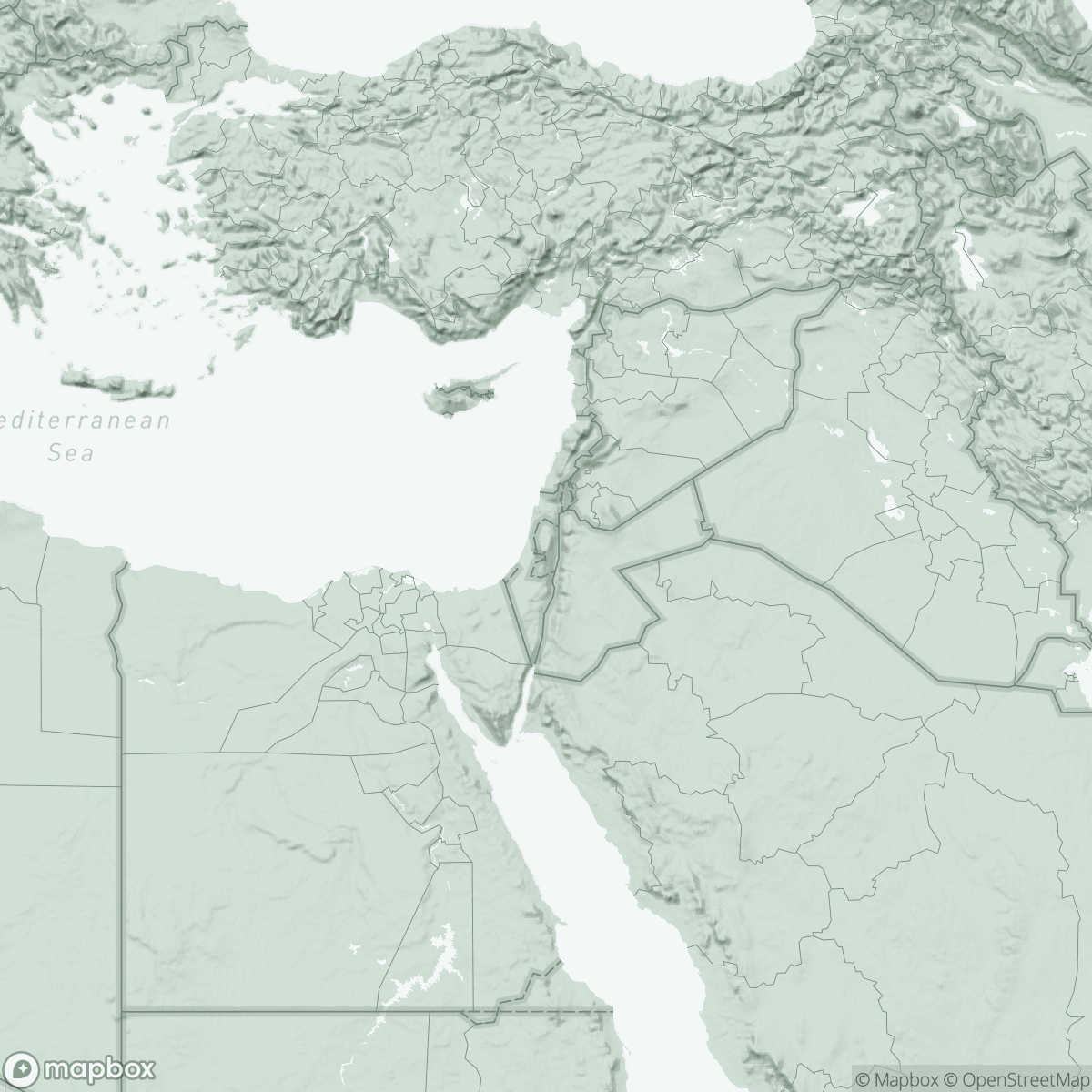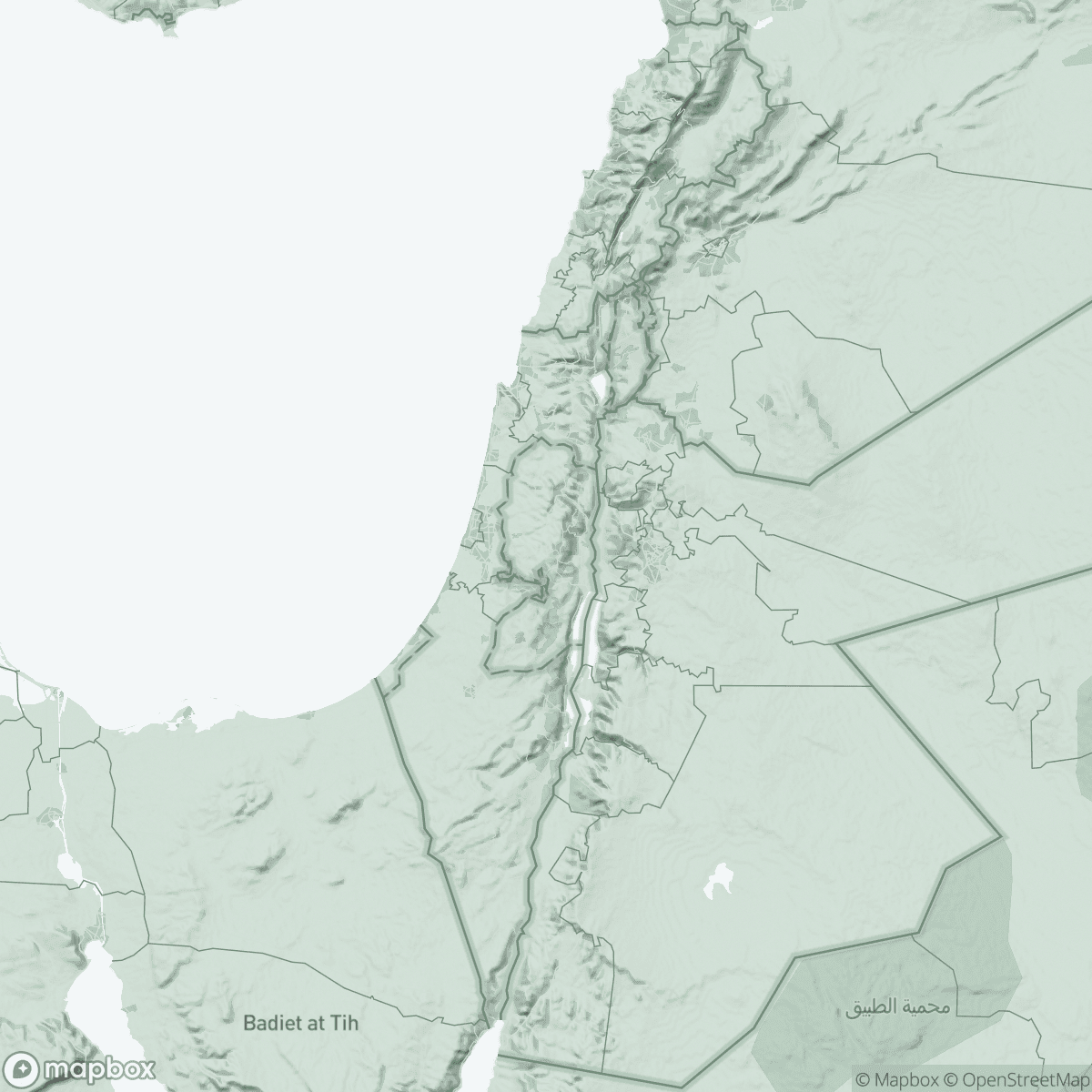
West Bank: Access to medical care at risk as Israeli incursions gain in intensity
In 1 click, help us spread this information :
Large-scale military incursions launched by Israeli forces on Palestine’s West Bank, and repeated attacks by the Israeli military on health workers, ambulances and medical facilities, are severely hindering people’s ability to access medical care, says international medical organisation Médecins Sans Frontières/Doctors Without Borders (MSF).
The Israeli incursions, which began in the early hours of 28 August, have also caused wide-scale damage to road infrastructure, electricity networks and water supplies, seriously hampering MSF's ability to run medical activities in Jenin and Tulkarm cities.
“There is very limited medical access in the city of Tulkarm and its refugee camps and the damage to infrastructure is huge,” says an MSF staff member. “It’s nearly impossible to reach those in need. These incursions are unannounced, leaving people massively underprepared. Among other things, mothers told us they do not have enough food for their babies. Residents feel both trapped and isolated.”
MSF medical teams have been forced to suspend their activities in both Tulkarm and Jenin cities since the start of the recent incursions.
“Our staff are currently restricted in their movement and ability to provide direct support to the population” says MSF project coordinator Caroline Willemen. “We have only been able to provide emergency psychological first aid in Tulkarm and to make a donation [of medical supplies, baby milk and diapers] in Jenin. The incursions need to stop and unimpeded access to health restored as soon as possible.”
In Hebron, Israeli forces have blocked access into and out of the city, preventing MSF teams from running mobile clinics and supporting MSF’s maternity located outside the city. Inside the city, MSF clinic is operational, but people report that blockades and the feeling of insecurity prevent patients from accessing it.
In Jenin and Tulkarm, ambulances and health workers have been repeatedly attacked, seriously compromising medical activities. After eight days of incursion, needs are on the rise, particularly in the camps, and more humanitarian response is needed.

“Israeli armored vehicles are stationed at the entrances to the MSF-supported Khalil Suleiman hospital in Jenin, and hospital staff are struggling to maintain activities amid electricity and water shortages,” says Willemen.
A volunteer paramedic trained by MSF describes how she was wounded while providing first aid to a patient in a camp in Tulkarm: “Even while wearing my medical uniform, I was hit by munitions from the air and was injured above my eye and got shrapnel wounds.”
Another paramedic trained by MSF describes how Israeli soldiers entered his home and threatened him: “Israeli forces broke down my door. I informed them several times that I was a volunteer for medical organisations, but they dragged me out and kicked my back before pointing a weapon at my head.”
The recent incursions on the West Bank are the most intense since 2002. As of 5 September, 39 Palestinians have been killed and 140 injured since 28 August, according to the Ministry of Health. These attacks are part of a wider pattern of violence that has sharply deteriorated since the start of the war in Gaza. More than 652 Palestinians have been killed in the West Bank since October 2023.
MSF calls for civilians, health workers, ambulances, health facilities and hospitals to be protected at all costs. As the occupying power, Israeli authorities must uphold their obligations under international humanitarian law to guarantee unimpeded access to healthcare and other essential services in the West Bank.

